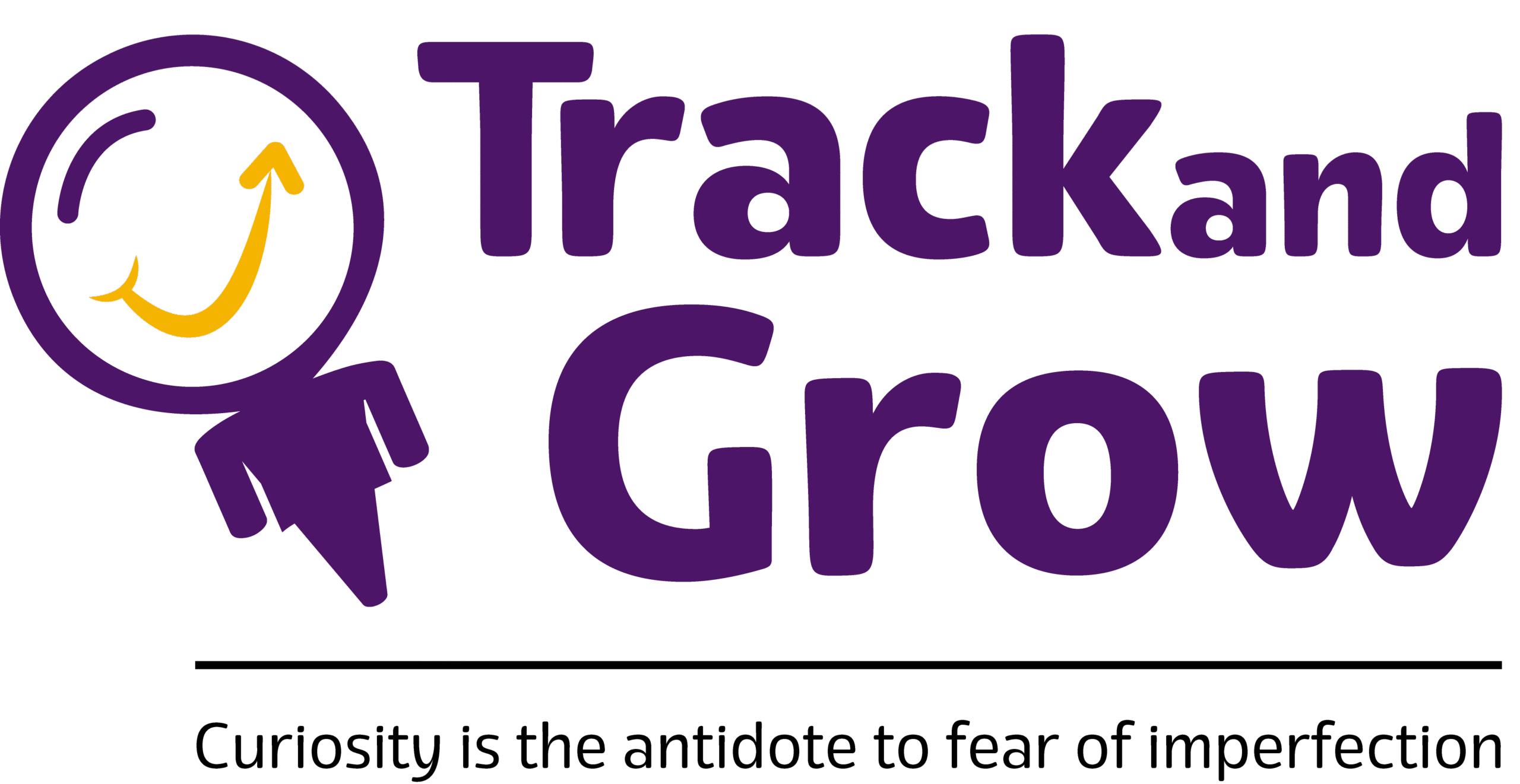Discover a 4C framework to identify a true learner or disciple. Learn when to share your wisdom and when to hold back. A guide for mentors, coaches, and spiritual teachers.
“Gun mile toh guru banao, chit mile toh chela (disciple), mann mile toh mitr banao, nahi mile toh raho akela.”
This timeless saying holds deep emotional and spiritual wisdom. It reminds us that not everyone deserves your time, knowledge, or emotional investment. Especially when it comes to choosing a learner or disciple, someone who wants to learn from you, the most important ingredient is “chit”: the aligned, focused, and surrendered mind.
But what if chit is missing? Should you still invest in that person? Should you share your knowledge with everyone?
This blog explores the meaning of “chit mile toh seekhne wala banao (disciple)” and offers a practical, emotional, and spiritually grounded framework to choose the right learner.
What Does “Chit” Mean in This Context?
In this context, “chit” refers to the state of someone’s mind and intention:
- Are they present?
- Are they open to receiving without ego?
- Do they respect your time and energy?
- Are they emotionally grounded and humble?
Without chit, learning becomes hollow. The seeker may hear your words but won’t absorb the wisdom. Hence, chit is the gateway to meaningful transfer of gyaan (knowledge).
The 4C Framework to Choose a True Learner
Here’s a powerful and practical framework to evaluate whether someone deserves your guidance:
1. Curiosity
“Is this person genuinely eager to learn, or just trying to impress?”
True learners ask questions. They wonder, they explore, they challenge respectfully. Their energy says, “I want to know more.” If someone only nods or flatters but never probes deeper, their curiosity might be missing.
Red Flag: Shallow praise, lack of follow-up questions, passive listening.
In hindi :
1️⃣ Curiosity – “Kya yeh banda sach mein jaanne ko jigyasu hai?”
- Kya wo sawaal poochta hai ya sirf haan mein haan milata hai?
- Kya uske andar “kyun”, “kaise”, “kya agar” jaisa fire hai?
🚩 Warning sign: Agar banda bas impress ya judge krne ke liye sun raha hai, not ideal.
2. Commitment
“Does this person take consistent action based on what they learn?”
Knowledge without action is just entertainment. A real learner will experiment, implement, and report back. Their commitment shows in discipline, not just excitement.
Red Flag: Starts with excitement but quickly disappears. Avoids consistency.
In Hindi 👍
2️⃣ Commitment – “Kya yeh banda consistently action leta hai?”
- Kya wo daily ya regular practice karta hai?
- Kya wo discipline mein vishwas rakhta hai?
🚩 Warning sign: Sirf josh mein aake shuru karna, phir gayab ho jaana.
3. Character
“Does this person have humility and emotional maturity?”
Gyaan flourishes only where ego doesn’t dominate. A worthy learner accepts feedback, doesn’t crumble under correction, and respects boundaries.
Red Flag: Overreacts to criticism, displays arrogance, or compares constantly.
In Hindi :
3️⃣ Character – “Kya yeh emotionally, ethically grounded hai?”
- Kya wo apne ego ke upar kaam kar raha hai?
- Kya wo feedback le sakta hai bina tootey?
🚩 Warning sign: Agar banda criticism pe defensive ho jaata hai.
4. Chit Alignment
“Is their mind calm, focused, and truly present with you?”
This is the spiritual litmus test. If someone is constantly distracted, skeptical, or mentally absent, the transmission of wisdom becomes impossible.
Red Flag: Always distracted, multitasking, or mentally elsewhere during learning.
In HIndi :
4️⃣ Chit Alignment – “Kya uska mann present aur open hai?”
- Kya uska intention sach mein seekhna hai?
- Kya wo trust karta hai, ya hamesha doubt karta hai?
🚩 Warning sign: Agar wo hamesha busy hai, distracted hai, aur mann idhar-udhar hai.
It’s true that in the beginning, there are doubts and pain — but the real question is: are you doing something about it, or are you getting too lost in it?
Remember, having doubts is not a problem. But excess of anything is poison. Constantly doubting, judging, and avoiding practice, that’s not the sign of a true learner
What If Chit Is Missing?
If chit is missing, forcing knowledge onto someone is like pouring water into a closed bottle. It only creates resistance, not growth.
“Jisme chit nahi, usme chetna nahi — aur bina chetna ke, gyaan bekaar.”
In such cases, it’s better to conserve your energy. Wait for the right moment or the right person.
Don’t become a dumping ground for the learner. Invite them to take responsibility. Shift from solving every problem to helping them evolve. Encourage them to upgrade their frequency, not just their understanding.
When Boundaries Are Broken: Disrespect in the Mentor-Disciple Dynamic
Even in a sincere relationship, disrespect can arise from either side. Here’s what to do:
If the Disciple Disrespects the Mentor:
- Pause the transmission: Learning cannot happen without respect.
- Reflect, then respond: Call out the behavior calmly. If it repeats, distance yourself.
- Forgive, but don’t forget: You can forgive with detachment — but access should be earned back.
“Jahaan samman nahi, wahaan gyaan nahi, seekh nahi, unnati nahi”
🙇♂️ In the Disciple:
“True disciples respect themselves while they respect their teacher.”
✅ Respect:
Accepts feedback without emotional breakdown.
Asks questions with humility, not with arrogance & judgemental.
Seeks growth, not validation.
Doesn’t obey blindly, but listens with depth. Ask and challenge with curiosity
❌ Ego:
Feels insulted by correction.
Wants to “be right” instead of learning.
Argues unnecessarily or becomes defensive.
Mistakes silence of the teacher as rejection.
If the Mentor Disrespects the Disciple:
- Speak your truth: Respectfully share how their words or tone impacted you.
- Protect your energy: A toxic guide can block your growth more than no guide at all.
- Exit gracefully: If the ego of the teacher overshadows your progress, it’s okay to walk away.
“Sacha guru wahi, jo swayam bhi seekhne ko tayyar rahe.”
🧘♂️ In the Teacher:
“True teaching flows from clarity, not control.”
✅ Self-Respect:
Knows when to speak, when to stay silent.
Guides without imposing.
Sets boundaries when disrespected, but with calm.
Forgives, but doesn’t allow repeated disrespect.
❌ Ego:
Gets triggered when questioned.
Wants to always be seen as right.
Feels superior to the disciple.
Uses shame instead of guidance.
There is a limit of everyone, even Lord Krishna given 100 Warnings to Shishu Pal
Conclusion: Teach with Awareness
Everyone is not your student. Everyone is not your tribe. Just because you have knowledge doesn’t mean you’re obligated to share it with everyone. Gyaan is sacred. Share it where it’s respected, where it can grow.
So the next time you’re about to invest your energy in mentoring someone, ask yourself:
- Do they have curiosity?
- Do they show commitment?
- Do they have character?
- Do they carry the right chit?
If even one of these is missing, maybe it’s wiser to stay quiet than speak into the void.
When the Disciple Is Ready, the Master Appears
This ancient spiritual insight reflects a deeper universal law: Guidance comes only when you’re truly open to receive. It’s not just poetic, it’s energetically precise.
When a seeker (disciple) becomes sincere, humble, curious, and aligned in intention- life, the universe, or existence sends the right teacher. Not always in robes or titles, sometimes as:
- A stranger with a sentence
- A book that hits at the right time
- A mentor or coach who appears out of nowhere
But this also works in reverse.
When the teacher is truly ready, ego-free, intuitive, and deeply connected, the right student also appears.
So if you’re a guide or mentor waiting for the right learners, focus not on marketing more — but on deepening your own inner alignment. The law is simple:
- The seeker finds the master when ready.
- The master finds the seeker when surrendered.
Don’t chase, attract. Don’t preach, prepare.


